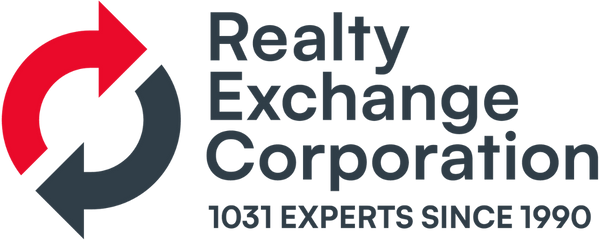Gerhardt et al., 180 TC 9 (2023) is a tax court case that has caught our attention and may be of some interest to you as well. The Gerhardt’s completed a 1031 exchange of an Iowa farm with hog buildings for rental real estate in Cape Coral, FL. An IRS audit discovered that the Gerhardt’s had allocated some hog buildings as Section 1245 property to realize faster depreciation. The Florida property they purchased as a replacement property did not have any Section 1245 property. Section 1245 property rules override 1031. Bottom line: If you trade Section 1245 real estate, you must replace that Section 1245 value.
Under section 1031, no gain or loss is recognized on a like-kind exchange of property if all requirements of section 1031 are met. However, if “section 1245 property” is relinquished as part of a section 1031 like-kind exchange, then gain from the sale of the 1245 property may be recognized as ordinary income if not specifically replaced in the exchange. If both section 1245 property and non-section 1245 property (section 1250 property and land) are relinquished in the same exchange, then the gain is allocated between the Section 1245 property and the non-section 1245 property in proportion to their respective fair market values.
The IRS determined that all the gain from the Iowa farm sale was recognized as ordinary income under Section 1245, and no gain was allocated to the land. Section 1245 property is eligible to be exchanged but is not like-kind to 1250 property. This is a tale of caution for exchangers who have done cost segregations or otherwise have 1245 property and are exchanging into land or other “non-section 1245.” As always, speak to your tax advisor when planning a 1031 Exchange to ensure you understand your specific tax liability and objectives.
